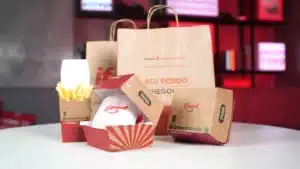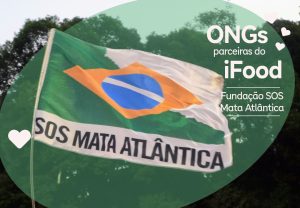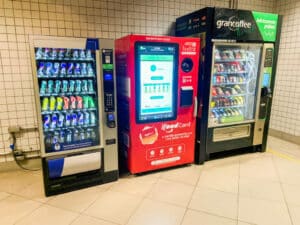Did you know that 500 companies, organizations and governments (including the city of São Paulo) from around the world are coming together to combat plastic pollution? Everyone is together in Global Commitment to a New Plastics Economy, an initiative created in 2018 by the Ellen MacArthur Foundation in partnership with the United Nations Environment Program (UNEP) with the goal of promoting a circular economy for plastic, changing the way they produce, use and reuse the material.
In this partnership, which has already attracted US$ 10 billion in investments in new packaging solutions, there are companies such as Coca-Cola, Walmart, Nestlé and L'Oreal —together, they and the other signatories produce around 20% of the world's total plastic packaging. The Commitment focuses on actions to:
- Eliminate plastic items we don't need;
- Innovate so that all plastic packaging is 100% reusable, recyclable or compostable,
- Circulate (or reuse) used plastic to keep it in the economy instead of disposing of it in the environment.
Appointment progress metrics
The Global Commitment for a New Plastics Economy has five main metrics, which must be met by 2025:
- Make 100% of plastic packaging reusable, recyclable or compostable;
- Increase the use of recyclable plastic in packaging production;
- Reduce the use of virgin plastic in packaging;
- Boost the migration of single-use packaging for reusable templates where relevant;
- Eliminate the use of problematic or unnecessary plastic packaging.
Will the goals be met by 2025?
According to progress report, released in October 2022, it is It is likely that the targets will not be met by 2025. The Ellen MacArthur Foundation understands that the difficulty in obtaining the expected results reinforces the urgency for companies and governments to accelerate action to rethink the use of packaging in their operations.
Overall, the Commitment is making progress, such as the increase in the share of plastic recycled after consumption, which went from 4.8% in 2018 to 10% in 2021. And the majority (59%) of signatory brands and retailers have reduced their use of plastics virgins.
However, the report points out that the majority of companies that signed the document will not fulfill their promise to use only reusable, recyclable or compostable plastic packaging by 2025: they represent 65.4% of the packaging used by brands, little more than the number registered in 2019 (63.2%).
Who are the signatories of the pledge?
Since its creation, 15 countries have signed the commitment: Rwanda, Chile, Portugal, Peru, France, United Kingdom, Mexico, New Zealand, Netherlands, Scotland, Grenada, Seychelles, Spain, Greece and Belgium.
Some cities have also committed to the cause, such as Buenos Aires (Argentina), Austin (United States), São Paulo (Brazil), Copenhagen (Denmark), Toluca (Mexico) and Ljubljana (Slovenia).
In relation to companies and brands, many have signed the commitment, from plastic packaging manufacturers to large retailers that use these products on a large scale in their operations.
Among the companies that stand out most in presenting results and improvements in the use of plastic are: Nestlé, PepsiCo, Unilever, Coca-Cola, Mars, Incorporated, L'Oréal, Danone, Mondelez, Henkel, Colgate-Palmolive, Diageo, Reckitt, SC Johnson, Kellogg, Essity and FrieslandCampina.
iFood's commitment to reducing plastics
iFood signed the #DeLivreDePlástico commitment, organized by UNEP and the NGO Oceana and has the goal of implementing a solution to reduce the sending of sachets of condiments for 5% of the restaurant base by the end of 2022.
By 2025, the company wants 100% of the restaurants on the platform to give people the option to receive their order without condiment sachets — and to reduce the percentage of single-use plastic packaging in its operation by 50% (from 27% to 13. 5%).
Furthermore, iFood has the public commitment to reduce plastic pollution of delivery by 2025. One of its main initiatives, Amigos da Natureza, has, since June 2021, allowed people to do without sending forks, spoons, knives, straws and other plastic items during delivery. As a result, more than 300 million orders have already been delivered without these items, and 510 tons of plastic were no longer discarded.


